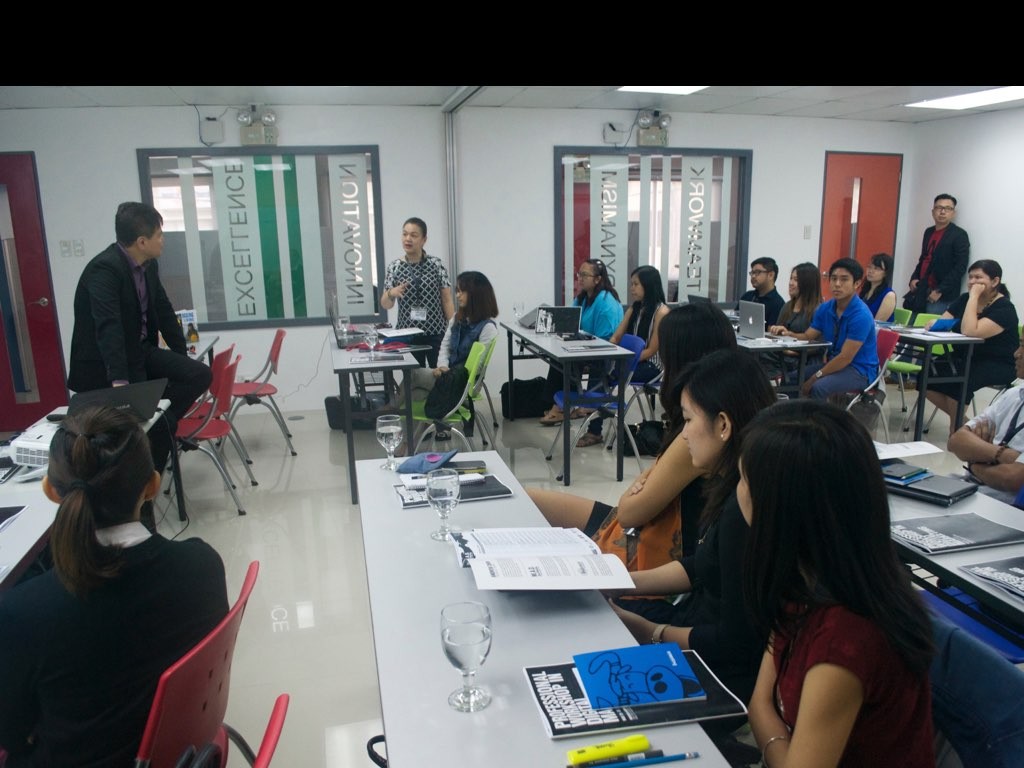Are you ready for a multi-gen workforce?

Inquirer Academy addresses learning needs of different corporations and individuals to be more effective and productive in the workplace.
“Things get more complicated if one has workplace demographics that span three or four generations, where ‘new hires’ find themselves working side-by-side with colleagues or, for some, even managing people who belong to their parents’ generation,” states Adrian Robles, an accomplished speaker, trainer, and consultant in the areas of Talent Management, Organization Development, and Human Resources Development and Management, and part of the roster of industry expert- resource speakers of INQUIRER Academy.
Classification of Generations
Determined by the decade of birth, Robles classifies the different generations as Traditionalists, Baby Boomers, Gen Xs, or Gen Ys. However, Robles further says, a generation goes beyond the birth year and a significant consideration is the major events that each generation shares since their response to these major events have actually shaped distinct beliefs and mindsets. “Gen Ys are mostly considered as ‘digital natives’ and are generally perceived as impatient, only because they grew up in an era where everything is quick and easy (e.g. fastfood, online shopping, instant noodles, express payments, etc.). On the other hand, Gen Xs currently comprise the middle management positions and are usually good at using technology (e.g. Powerpoint, Prezi, Google, etc.),”
Though Gen Xs are technologically proficient, an absence of technology does not hinder them from getting the job done. Robles points out, “Keep in mind that this generation (Gen X) also grew up using library cards, encyclopedia and typewriters, hence, in cases where there is poor or low WiFi connection, although it bothers them to some degree, these people are quick to decouple their dependence on technology from their ability to complete their work. They may even frown upon fellow workers who would complain about and blame these inconveniences for their unproductivity”.
Notwithstanding the importance of these stereotypes in studying and understanding the different generations, Robles cautions management to be wary about carelessly putting labels on people and making generalizations based on which generation someone belongs to. He reiterates the other equally significant factors such as personality traits, learning styles, family background, etc., that can also considerably contribute to how a person thinks, behaves or responds to situations.
Article continues after this advertisementFocusing on the opportunity
Article continues after this advertisementHe acknowledges “A multi-generational workforce should be regarded as a great opportunity than a challenge since the company stands to benefit from the richness and breadth of ideas and perspectives that his highly-diverse workforce brings”.
A more serious concern for Robles is the tendency for some leaders, especially the formal ones, to impose their own beliefs and ‘mindsets’ on others. While the recent trend in most companies is the ‘coaching and mentoring’ approach to employee development, the assigned coaches or middle managers are, more often than not, from the older generation of Gen X. One can just imagine the chaotic dynamics of a conversation between a Gen X mentor—who spent years or even decades of toil before achieving his or her current position, and a Gen Y mentee—who generally has a shorter-term perspective towards his or her career path in the organization.
Aside from the challenge of addressing the need of each generation, Robles believes that it is essential for leaders to start building a culture that would discourage ‘generation myopia’, the tendency to impose on others what one believes is right within the frame of mind of one’s own generation.
Taking steps to understanding
Several researches and articles have been done on multi-generational workforces and most of them recommend that every firm should let their programs and practices adapt to the working styles and motivation of the Gen Ys or more known as Millennials. But be this as it may, Robles encourages firms to be careful about falling into the trap of overreacting to these recommendations and immediately adjust their programs and culture to address the need of the new workforce.
Robles concludes that having a deliberate conversation among leaders about the unique needs and characteristics of each generation will help everyone gain a better perspective in evaluating the current programs and practices as well as in assessing the effectiveness of the workforce.
Learn more about Leading and Managing a Multi-Generational Workforce from Human Resource and Industrial Relations expert Adrian Arabejo Robles on October 6 to 7, 2015, from 8:00 a.m. to 5:00 p.m. at the INQUIRER Academy Building, Chino Roces corner Ponte Street, Makati City.
For more details, you may contact INQUIRER Academy through 834-1557 or [email protected]. You may also visit www.facebook.com/InquirerAcademy. ADVT.